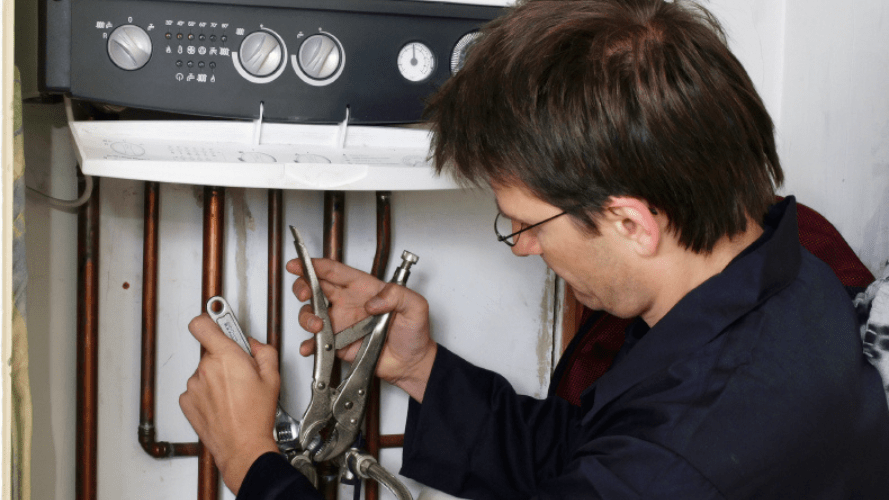Repairs in rental properties can sometimes cause confusion and unease for tenants.
Many renters aren't sure exactly of their responsibilities and what they can ask their landlord to repair.
To help bridge the knowledge gap and demystify this grey area, we've taken a look at what constitutes a reasonable repair request and what's required of landlords and tenants.
Legal requirements
What's required of both landlords and tenants when it comes to repairs is actually a legal matter. Most tenancy agreements are Assured Shorthold Tenancies (ASTs). These are covered by the Landlord and Tenant Act 1985.
Section 11 of the Act covers repairs and states that landlords must keep the structure and exterior of a rental property (including drains, gutters and pipes) 'in repair'. Water, gas, electricity and sanitation supply installation must be kept 'in repair and proper working order' - this doesn't necessarily cover fixtures, fittings and appliances for the above measures.
Reasonable requests
A reasonable request is something that you aren't able to rectify yourself or something that only your landlord can address. Your rent covers repairs, so you're within your rights to request that the landlord fixes something. You're advised to report issues as quickly as possible as problems often get worse - and more expensive - the longer they're ignored.
Once you've made a reasonable request and the landlord or letting agent has acknowledged it, you're required to allow them reasonable time to carry out the repairs. On top of this, you'll need to allow access to the person completing the work.
Wear and tear
Your landlord must replace and cover the costs for any piece of furniture or equipment they provided at the beginning of the tenancy, which becomes unusable due to everyday wear and tear.
You must report the problem to your landlord, and if it's a case of fair wear and tear, they won't be able to make any deductions from your deposit for the replacement or repair.
If you've damaged the item through 'improper use', then your landlord will be able to charge you to fix or replace it.
What constitutes fair wear and tear can sometimes be a grey area and lead to a debate between landlords and tenants at the end of a rental contract. Here we explain what can be considered wear and tear and what can't.
What's required of landlords?
Landlords are responsible for the legal requirements in the Landlord and Tenant Act 1985. So, for the property's interior, this covers features like radiators, baths, sinks, pipes, toilets and so on. Meanwhile, landlords' legal responsibilities for the exterior stretch to roofs, drains, walls, gutters and more.
It's illegal for landlords to change agreements to state the tenants are responsible for electrical installations, for example, as this is one of their legal requirements as set out in the Act.
However, landlords can make it clear that tenants are responsible for some matters which aren't covered by the Landlord and Tenant Act - the most common example being maintaining the garden.
Although landlords must make necessary repairs, this doesn't mean they're liable to carry out 'improvements' to the property as there's a distinct difference. Their responsibility is to ensure the property's habitable and everything they provide is in good working order.
What's required of tenants?
You must check your rental agreement before signing it to see if any additional duties are required of you - maintaining the garden, for example, as mentioned above.
To hold up your side of the bargain, you must ensure the property is clean and general upkeep and maintenance tasks are carried out (changing lightbulbs etc.).
You're obliged to report repairs - preferably in writing. If you don't, your landlord has no legal obligation to carry them out.
Enjoying our content?
Get the latest letting news, views and tips from HomeLet straight to your inbox.

